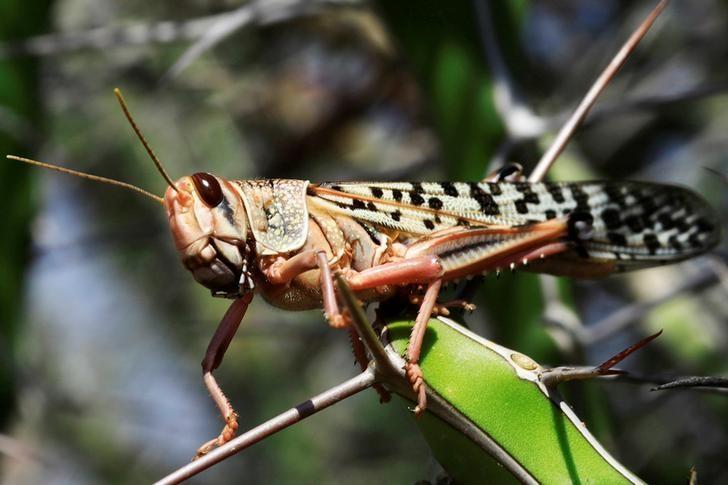
Given the seriousness of the locust problem, Bakhtiar chaired a meeting to review the current situation and the national action plan to overcome the locusts. The minister was informed about the progress made on the plan.
Bakhtiar told the meeting that pesticides, sprays and surveillance equipment had been delivered by the government to the affected districts of Balochistan. “The next four to six weeks are important for Balochistan,” he said.
“The government is doing everything possible to control the locusts. The government has established an effective coordination, control and monitoring system, he added. The meeting also deliberated on the situation in Sindh, Khyber Pakhtunkhwa and Punjab.
The minister expressed concern over delays in data collection and mapping by designated teams. He directed the provincial and federal departments to work with the National Disaster Management Authority (NDMA) to resolve logistics issues.
The meeting was informed that a high-level Chinese technical delegation, comprising experts, visited the affected areas across Pakistan. The delegation will soon present a report that would reinforce the national action plan on the locust issue.
The meeting comes as the UN Food and Agriculture Organization (FAO) predicted that the desert locust plague, which originated in Africa, may last until June, with swarms growing to 500 times the current level.
According to a statement on the website of the National Forestry and Grassland Administration of China, on Monday, Beijing had stepped up efforts to prevent the entry of the destructive migratory pests from Pakistan, India, Myanmar and Kazakhstan.
Desert locusts may enter Tibet from Pakistan and India, fly to southwest China’s Yunnan Province from Myanmar, or invade Xinjiang Uygur Autonomous Region from Kazakhstan, posing a major threat to food security and rural livelihoods, according to experts.
The administration urged local authorities to step up monitoring of the pests, issue early warnings and alerts in a timely manner, strengthen staff training, and devise and improve emergency response plans to combat the possible spread of locusts.
(With additional input from Xinhua.)







1722521491-0/Ryan-Reynolds-TJ-Miller-0002-(1)1722521491-0-270x192.webp)







COMMENTS
Comments are moderated and generally will be posted if they are on-topic and not abusive.
For more information, please see our Comments FAQ